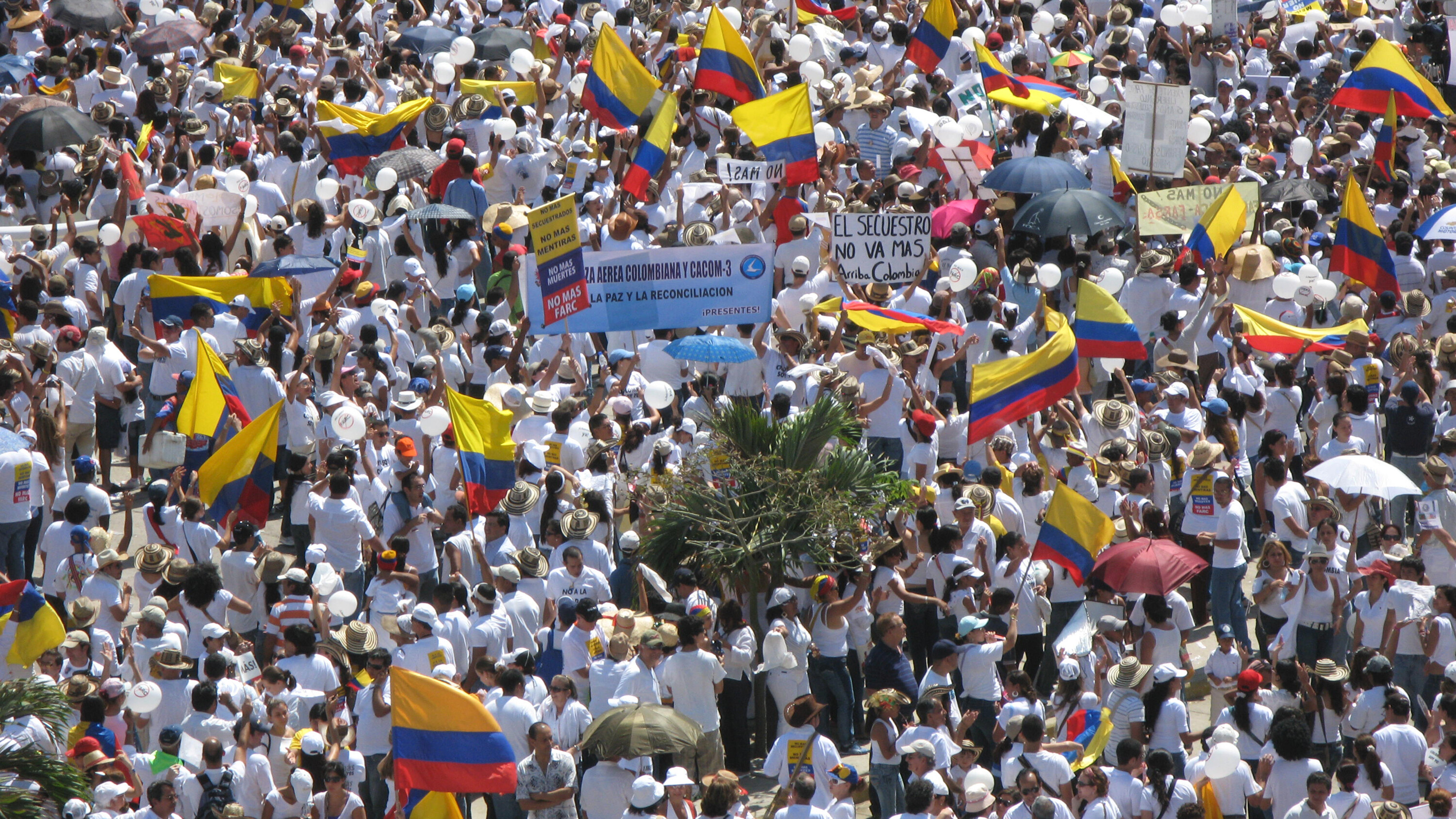Colombia Agrees New Peace Deal
Just two months after Colombia’s electorate upset expectations and voted to reject a peace deal with the Farc, Congress has passed a compromise agreement…

Most pundits, including LatAm INVESTOR’s editorial team, assumed that the original peace deal would be voted for by a war-weary Colombian public. However, in an age of political upsets, the polls were completely wrong and the “no” side won by just 0.4% of the vote. However the government reacted quickly to the loss and managed to win more concessions from the Farc and return with a new deal. This was not put to the public in a referendum but instead put to legislators, where it passed in both the Senate and the Congress.
Peace dividend
The most immediate impact is on Santos himself and his ability to govern for the rest of his term. 2016 was set up to be the most important of Santos’s career, with a historical peace deal followed by a much-needed structural tax reform. Following the referendum defeat there was a danger that the government would be too weak to deliver fiscal change. Edward Glossop from UK-based economics consultancy, Capital Economics, feels the tax reform bill that Santos’s government has submitted is “impressive” and would help fix the country’s fiscal deficit. Now Santos’s quick triumph with the peace deal should leave him in a stronger political position.
Another impact of the new peace deal is on Colombia’s country brand. Sophisticated investors and Colombia analysts know that in reality the country has been a safe place to do business for the best part of a decade. However, the symbolic act of signing a peace agreement will help attract those investors that hadn’t got the message. Colombia’s battles with the guerrillas and related drug wars have been well documented – the peace deal will give Colombia a chance to recast its image to a wider audience. And – over the long term – that will help secure greater flows of foreign investment.
Not there yet
One problem with the latest deal is that it wasn’t passed by the public but by politicians. That could weaken long-term support for its implementation if there are problems in the future. Moreover, by choosing to get approval from legislators instead of a new referendum, Santos will now need to create the individual laws needed to bring the agreement into force. And that could take several months. Finally the deal with Farc was the most important peace process, but there are also parallel talks with another guerrilla group, the National Liberation Army (ELN).
"In an age of political upsets, the polls were completely wrong…"
But despite these qualms the ability of the Santos government to quickly secure and pass an improved deal is impressive and means that his Nobel Peace Prize now looks well-earned.